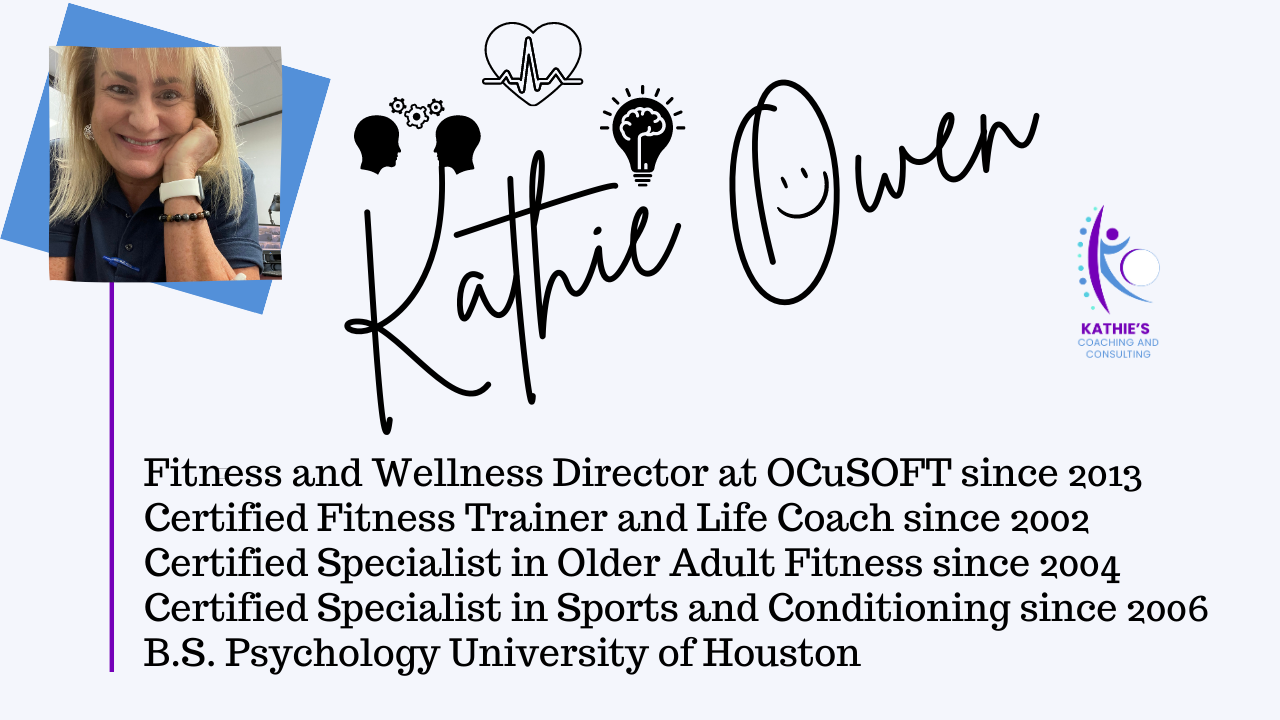Harnessing Dopamine | Your Key to a Happier, More Productive Life
Dopamine is a brain chemical called a neurotransmitter. It is a vital chemical messenger that plays a central role in the functioning of our brain and central nervous system.
In the context of our September 2023 calendar, which is all about enhancing focus, it's important to know that dopamine is often referred to as the "feel-good" neurotransmitter. This is because it is intricately involved in the brain's reward and pleasure pathways, influencing various cognitive and emotional processes such as motivation, mood, attention, and the experience of pleasure and reward.
As we say on our home page:
“Lack of motivation sucks, don’t let that be you.”
Our understanding of dopamine's functions is essential for grasping how motivation, behavior, and mental well-being are influenced.
To make the most of this knowledge and enhance your focus throughout the month (and it doesn’t matter what month you find yourself in) it will always be helpful to follow these daily prompts, we invite you to download our versatile calendar.
It's not just for September; you can use it in any month to help you stay on track and boost your productivity.
Download your calendar today and start your journey towards improved focus and productivity.
Guess What?
In today's digital age, it's not uncommon to find ourselves constantly distracted by the allure of social media and the beckoning notifications on our cell phones. These modern devices have become an integral part of our lives, but what we might not realize is how they are intricately linked to the brain's reward system, primarily through the neurotransmitter dopamine.
Dopamine plays a crucial role in regulating our focus, and understanding its connection to activities like social media and cell phone use can shed light on why it can be so challenging to maintain concentration in the face of these temptations.
Ready to ride the wave of focus and flood your brain with feel-good dopamine?
🌊 Join our free course on the Flow State, where you'll learn how to tap into the ultimate zone of productivity and enjoyment. Say goodbye to distractions and hello to laser-sharp focus!
Dopamine and the Brain's Reward System
Dopamine is often referred to as the "feel-good" neurotransmitter because it plays a pivotal role in the brain's reward system. When we engage in activities that provide immediate rewards or pleasurable experiences, such as eating delicious food or receiving praise, dopamine is released in the brain. This release of dopamine creates a positive feedback loop, reinforcing the behavior that led to the reward and motivating us to repeat it.
The Dopamine Effects of Social Media and Cell Phones
The connection between dopamine and focus becomes apparent when we consider the effects of social media and cell phone use on our brains. Both of these technologies are designed to be highly engaging, and they often provide immediate rewards that can trigger the release of dopamine.
For instance, when we post a photo on social media and receive likes, comments, or messages in response, it generates a sense of social validation and reward. This positive reinforcement triggers the release of dopamine in our brains, making us feel good and encouraging us to use these platforms more often.
Similarly, the notifications and alerts on our cell phones can create a sense of anticipation or excitement. The mere sound of a notification can lead to a rush of dopamine, creating a feeling of reward. This feeling can be addictive, as we find ourselves constantly checking our phones in anticipation of the next notification.
The Pitfall of Frequent Dopamine Hits
While occasional dopamine hits from social media and cell phones may not be inherently harmful, the issue arises when these hits become frequent and easily accessible. Social media platforms and cell phone apps are designed to keep us engaged for as long as possible, which can create a cycle of seeking more and more of those dopamine hits.
As a result, the brain becomes accustomed to the instant gratification and reward provided by these activities. Over time, this can lead to a potential imbalance in dopamine levels, making it increasingly difficult to focus on tasks that do not offer the same immediate rewards.
The Impact on Focus and Productivity
The consequences of this dopamine-driven distraction are evident in our ability to concentrate. Tasks that require sustained attention, such as long-form reading, studying, or working on complex projects, may seem less appealing compared to the instant gratification of scrolling through social media feeds or checking notifications.
This reduced ability to focus can lead to shorter attention spans, decreased productivity, and even addictive behaviors surrounding social media and cell phone use. In essence, our brains become wired to seek out quick dopamine fixes, making it challenging to engage in activities that require patience and sustained effort.
Finding a Healthy Balance
Understanding the impact of dopamine on our focus can help us develop strategies to maintain a healthier balance in our digital lives. Here are some suggestions to help regain control over your focus:
#1. Set boundaries for screen time
Establish limits on how much time you spend on social media and using your cell phone to prevent excessive dopamine-driven distractions.
#2. Practice mindfulness and self-awareness
Be mindful of your digital habits and recognize when you're succumbing to the lure of quick dopamine hits. Self-awareness is the first step to regaining control.
#3. Engage in activities with intrinsic rewards
Seek out activities that provide intrinsic satisfaction and rewards, such as pursuing hobbies, spending time with loved ones, or accomplishing meaningful tasks.
#4. Create a supportive environment
Minimize distractions in your workspace and implement techniques like the Pomodoro method to structure your work and study sessions effectively.
Watch the video on YouTube Here:
Listen to the episode on Kathie’s Coaching Podcast Here:
Conclusion
In the digital age, where social media and cell phones are ubiquitous, understanding the role of dopamine in our focus is crucial.
Dopamine's involvement in the brain's reward system makes it susceptible to manipulation by activities that offer immediate gratification, such as social media and phone use.
However, by recognizing the impact of these dopamine hits and implementing strategies to maintain a healthier balance, we can regain control over our focus and overall well-being.
Remember, balance is key, and finding a healthy relationship with technology can help us maintain better focus and a more fulfilling life.












After a crisis, organizations often overcorrect—adding controls that slow decisions and stall performance. What looks like caution becomes rigidity. This post explains how post-crisis leadership blind spots emerge and how regulated decision-making restores momentum. #Leadership #PostCrisis #Strategy